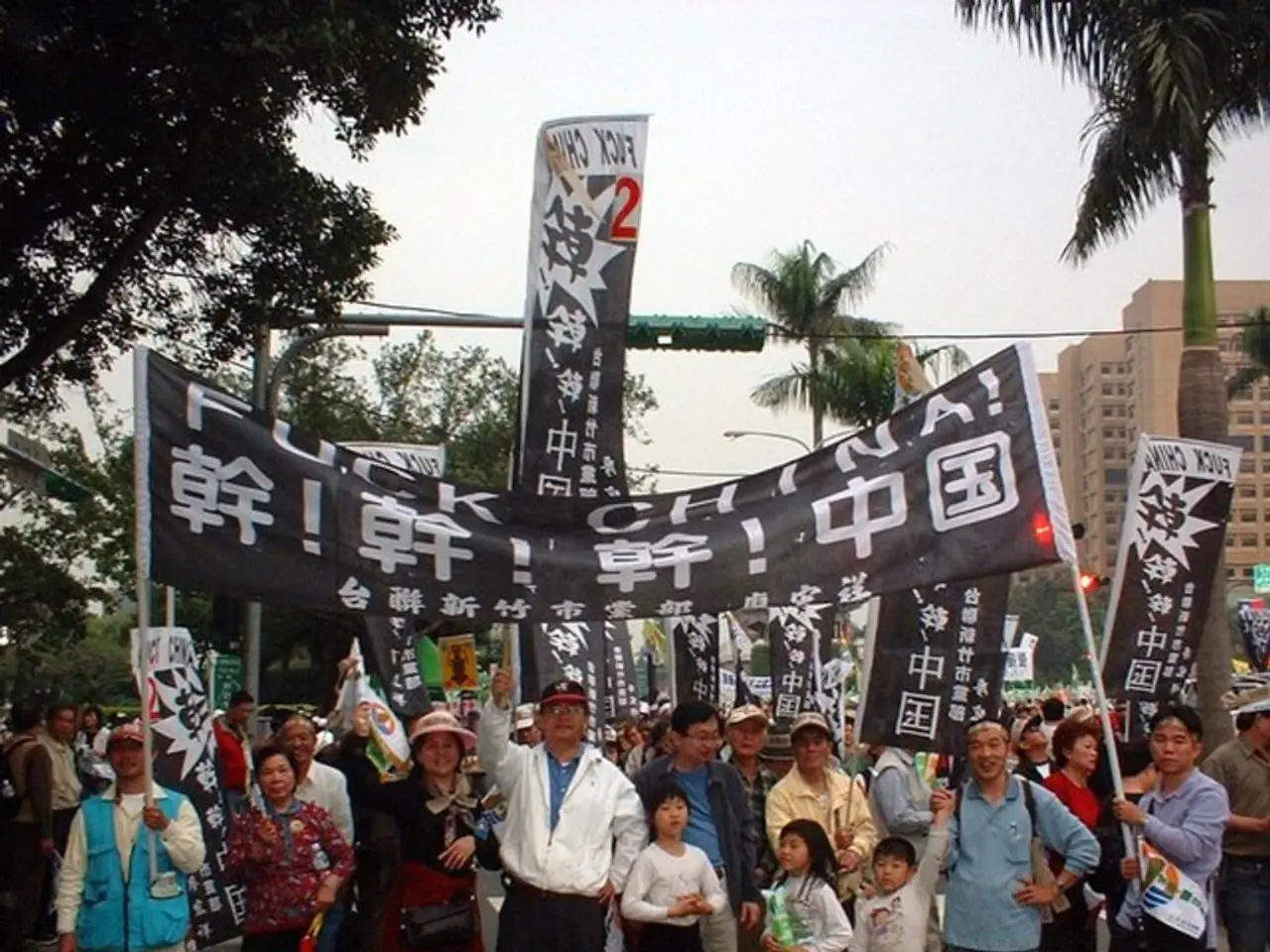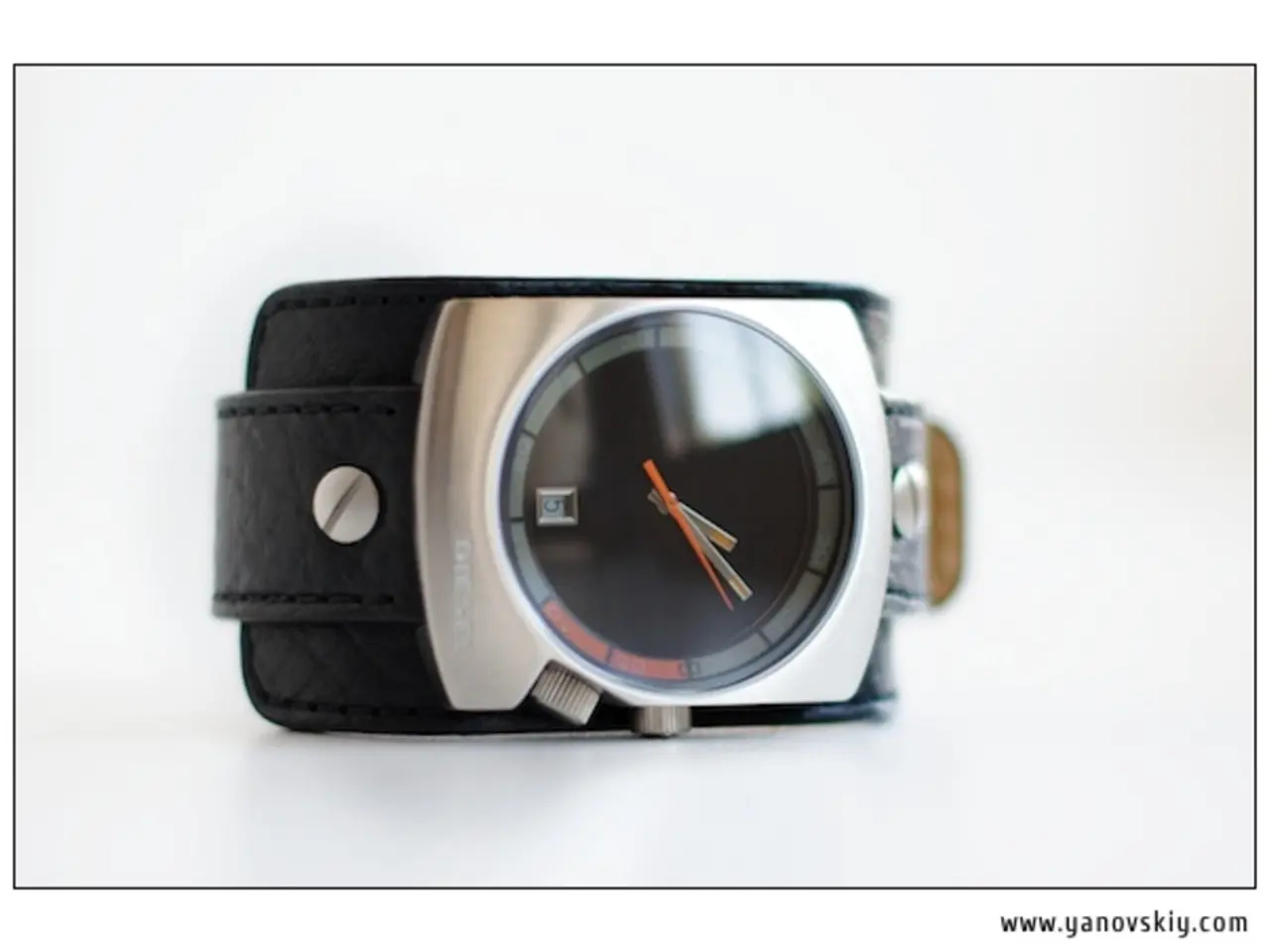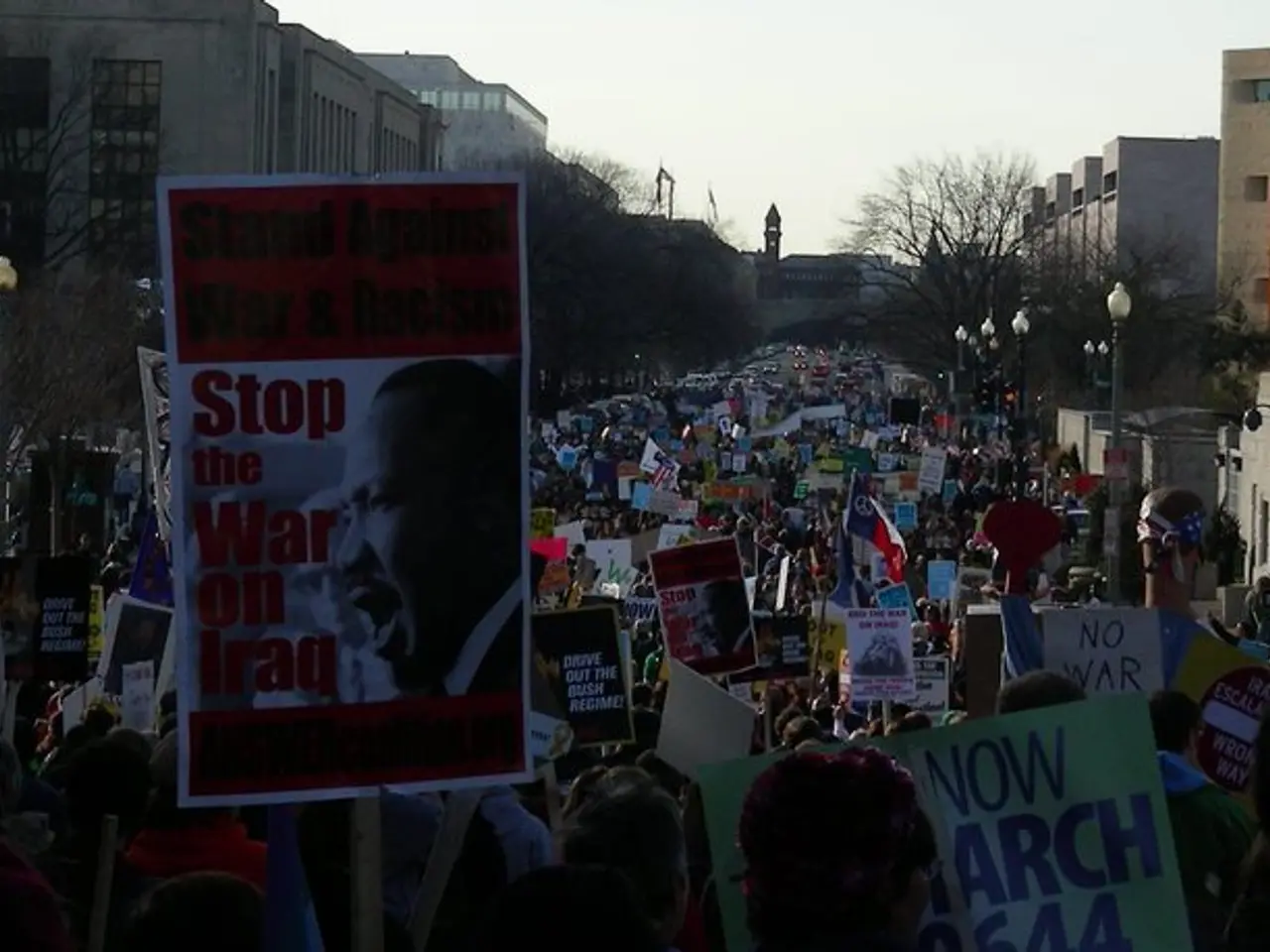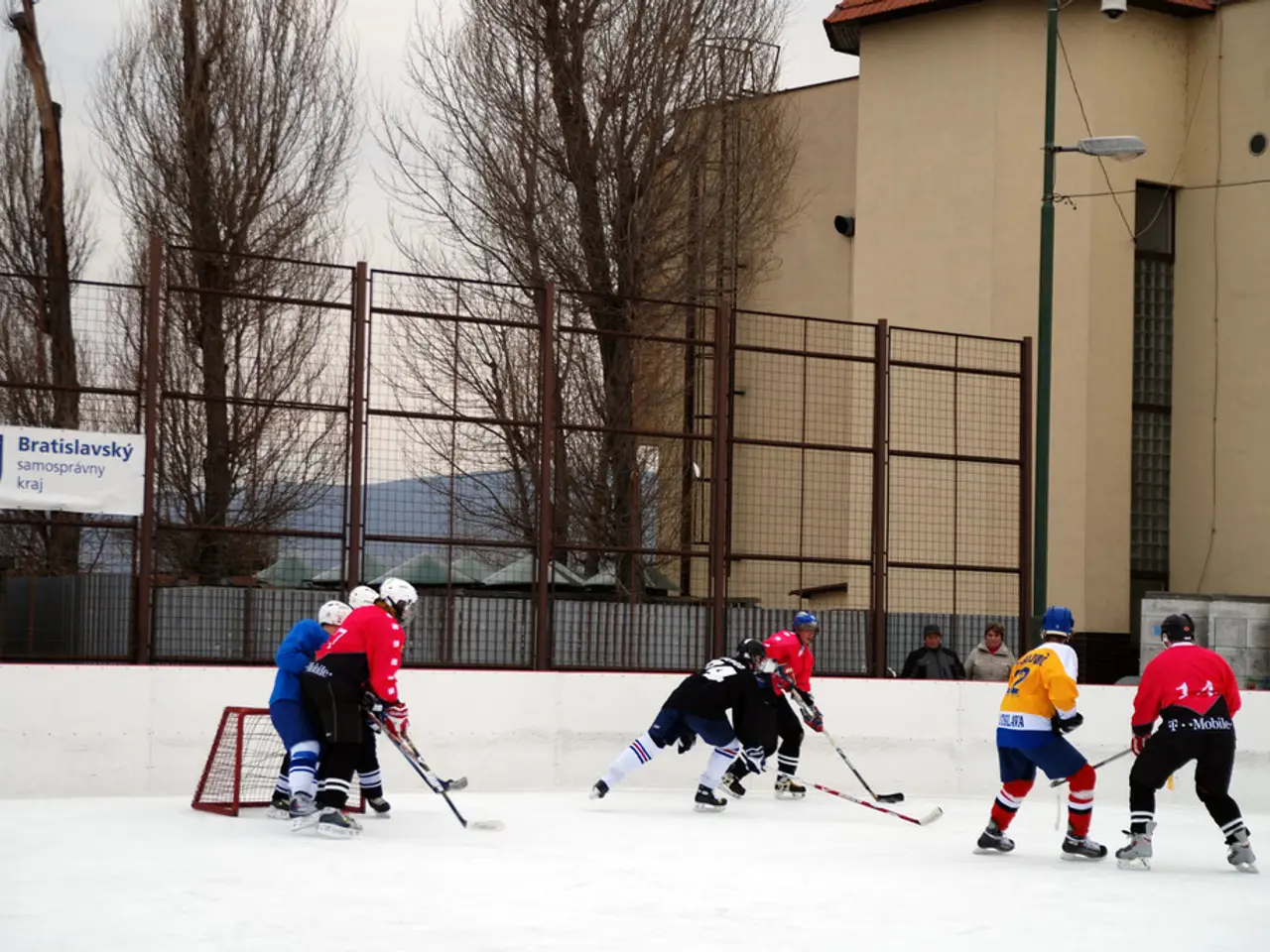Stranded Iranians in Sweden frantic to prolong short-term visas and permits
In recent weeks, the Swedish Migration Agency has been dealing with an unusual surge in visa and residence permit extension cases for Iranian citizens and visitors. This surge is attributed to the current geopolitical situation, with the ongoing conflict between Iran and Israel causing heightened tensions and security concerns.
In the past two weeks alone, the Migration Agency has processed 28 visa extension cases and 30 residence permit extension cases for Iranian citizens, and 157 residence permit extension cases for Iranian visitors last year. These numbers represent a significant increase compared to usual workloads.
The escalation of the Iran-Israel conflict, marked by a series of attacks on Iranian territory, has led to a severe crackdown on perceived collaborators and dissenters within Iran. This has resulted in increased scrutiny for Iranian nationals abroad, including those in Sweden.
Recent developments indicate that Iran has been engaging in covert operations in Europe, including Sweden. An investigation revealed that the Iranian regime has allegedly recruited organized crime groups, such as the Foxtrot gang, to carry out attacks against Israeli targets. This exposure of Iranian espionage and terrorist networks operating within Sweden could have implications for Iranian nationals.
Given the heightened security environment, countries often impose stricter background checks and more rigorous vetting processes for nationals from conflict-involved states as part of counterterrorism measures. Iranian nationals in Sweden may therefore encounter difficulties in extending their legal stay or face intensified surveillance.
The Swedish Migration Agency has set up a special task force to deal with unexpected or major incidents, and on June 13th, the agency labeled the current situation as a "special incident." This is due in part to the closure of the international airport in Tehran and the subsequent closure of Iranian airspace in the western, northern, and southern parts. As a result, Iranian nationals in Sweden have had little choice but to stay put.
The Migration Agency official, Åhman, stated that the figures would not have been as high if the global situation were different. This suggests that the current conflict is a significant factor in the surge of visa and residence permit extension cases for Iranian citizens and visitors in Sweden.
While there is no explicit report about official changes in visa or residence permit extensions for Iranian nationals in Sweden directly tied to Israel's attacks on Iran, the heightened tensions and security concerns have increased the likelihood that Iranian nationals in Sweden face stricter scrutiny and possible challenges regarding their immigration status.
Iranian nationals in Sweden are advised to stay informed through official Swedish immigration channels and be prepared for potential changes in policy or procedure amidst the evolving geopolitical situation.
- TheGeopolitical tension between Iran and Israel, leading to increased security concerns, has resulted in politics and general news taking a significant interest in Sweden, where the surge in visa and residence permit extension cases for Iranian citizens and visitors indicates a possible impact on the immigration status of Iranian nationals.
- In the context of war-and-conflicts, countries like Sweden may implement stricter background checks and more rigorous vetting processes for nationals from conflict-involved states, such as Iran, leading to potential challenges for Iranian nationals seeking to extend their legal stay or navigate the general immigration process amidst heightened global tensions.








